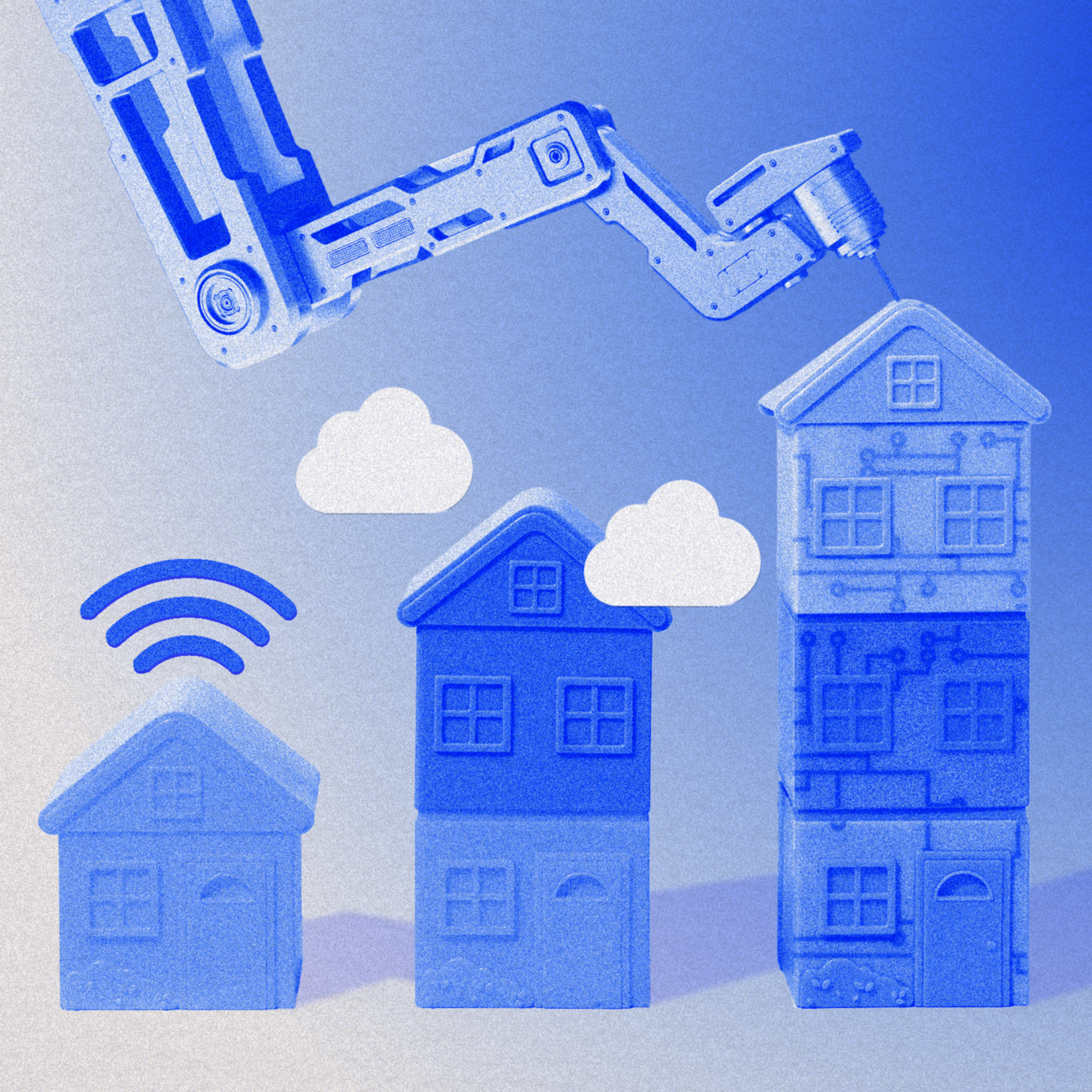If you thought techies were to blame for pushing up the housing market during the booms of the past, you ain’t seen nothing yet.
A flood of wealth from AI-related companies has begun to wash over San Francisco, showering billions on employees who suddenly need somewhere to stash their windfalls — and often look to real estate as the first stop on their buying sprees. And unlike in past booms, AI companies may not even need to go public to unlock vast sums of wealth for their workers.
Facebook’s valuation was over $100 billion when it went public in 2012, and Uber was worth about $82 billion when it hit the New York Stock Exchange in 2019. During that seven-year span — which also saw the initial public offerings of Twitter, Box, Zendesk, and Twilio — median home prices in San Francisco more than doubled.
But these IPOs are “small potatoes” compared to what could happen to the real estate market after it’s jacked up with AI money, according to Patrick Carlisle, chief market analyst at Compass, who has tracked Bay Area real estate data going back to the early 1990s.
OpenAI’s valuation just jumped from $300 billion to $500 billion — equivalent to five Facebooks at IPO stage — while archrival Anthropic recently reached $183 billion. Employees of both companies are cashing out thanks to offers that allow them to sell their stock on the secondary market.
An ‘economic tsunami’
Bay Area home prices tend to go up when a local tech company goes public because employee stock-option programs create overnight millionaires who can pay in cash for their homes. Even more employees can plunk down hundreds of thousands for large down payments, increasing demand for homes and making it difficult for those outside of tech to compete.
Stock grants from tech giants, many of which are based in the South Bay, continue to have an impact on the wider Bay Area real estate market, which is one reason home sales slowed this spring as financial markets seesawed on tariff news. But the AI startup scene is based firmly in San Francisco, which means the riches it creates could disproportionately be spent within city limits, Carlisle said.
“If the worldwide AI economic tsunami continues, then I would expect an accelerating explosion of wealth in San Francisco,” he said.
Both SoMa-centered Anthropic and Mission Bay-based OpenAI have allowed employees to cash out pre-IPO by selling shares back to the company, in the case of the former, or to outside investors, for the latter. OpenAI employees sold shares worth $6.6 billion in a recent deal with Thrive Capital, SoftBank, and T. Rowe Price, among others.
Carlisle can see no other reason why his stats show a 35% increase in sales in San Francisco in September versus one year before — an increase agents had been anticipating given the surprisingly hot late-summer market. Year-to-date median prices are also up by almost 4% to $1.7 million, still off from peak values but continuing an upward trend.
Compass agent Nina Hatvany said the voraciousness of buyers’ appetites starting right after Labor Day weekend caught her by surprise. Usually, “wait and see” is the reaction to September’s increased inventory. This year, buyers called her while she was still on vacation, in part because they sat out the unusually tepid spring market and in part because they feared AI workers would increase competition for the few listings out there. September’s listings were up from the August lull but still 28% below the same month in 2024, according to Compass.
Hatvany said it’s possible that the impacts of the AI economy on the city’s housing market could eventually exceed those of previous cycles, but at this early stage it looks an awful lot like previous tech booms she has experienced during her 35 years in the business.
“Here we are again,” she said. “The same type of people, same type of excitement and energy.”
One thing that is different this time around, though, is how many people are calling her to rent for-sale listings, a testament to how the AI world has already pushed up the rental market.
“People are calling as though they were just, like, regularly available,” she said. “‘Hi, can I lease this? I can pay a really good rate. I can pay $30,000 a month.’”
These would-be renters are happy with a large monthly payment to save themselves from making a long-term commitment, especially when another financial windfall could be around the corner.
Sometimes her sellers take them up on the offer, figuring that the housing market will be even better in a year or two and they can make a substantial sum renting their property in the meantime. That reduces the inventory of homes for sale and makes buyers for the few listings that do come on the market all the more aggressive — and a lot less picky.
After years of buyers demanding turn-key single-family homes, luxury condos downtown and even fixer-uppers are back on the table, Hatvany said. One of her clients recently bid on a fixer on Washington Street in Presidio Heights, listed for nearly $6 million. There were five offers, and her clients didn’t get it, making them “very depressed,” given that the early start to the fall selling season means not much new inventory is expected until the spring.
“It feels like our entire market inventory has come on in September,” she said. “Buyers are whirling around securing [houses], and they better do that, because there’s nothing much else coming.”
Add to the lack of listings the competition from those in the AI economy, which includes not just AI companies but the venture capital and investment funds within that ecosystem, and buyers are right to be anxious. When they ask Hatvany if they can still get in on the market or if it’s already too late, she doesn’t mince words.
“I tell them to hurry up,” she said.

